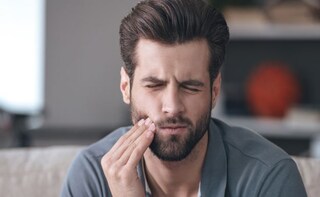Going to the dentist is definitely not a great experience. It is something we would all rather avoid. The drilling and the scaling are not just uncomfortable but even freaky enough to keep most of us away from getting our teeth checked. According to researchers from King's College London in the UK, there are many people who fear visiting a dentist. So much so that they are more likely to suffer tooth decay or have missing teeth for the lack of addressing preventable oral conditions. Anxiety about visiting the dentist is common and becomes a phobia when it has a marked impact on someone's well-being.
Advertisement
For the latest food news, health tips and recipes, like us on Facebook or follow us on Twitter and YouTube.
Advertisement
